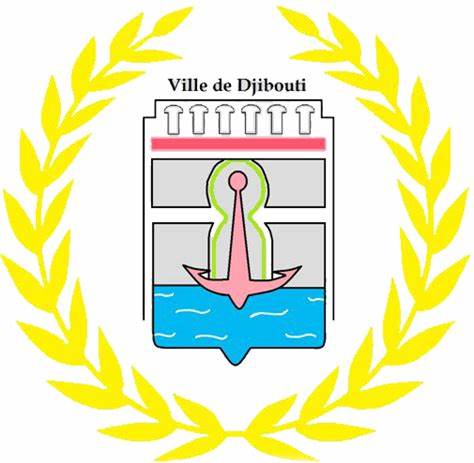PROGOUV - Project to support governance in Djibouti City
Objective
-
€3.1mBUDGET
-
09/12/2021PROJECT START
-
42 monthsDURATION
Over the last 15 years, the Republic of Djibouti has experienced strong, rapid and sustained growth (average GDP per capita growth of 3.1% a year between 2001 and 2017). Despite strong economic performance, the country faces major challenges in terms of human development, social protection and the reduction of territorial inequalities. The Government of Djibouti has recognised the importance of decentralisation in order to promote the harmonious and inclusive development of Djiboutian society.
In this context, PROGOUV is the first project financed by Agence Française de Développement to support governance in Djibouti. It aims to support the operationalisation of a local governance framework in Djibouti City, by specifically targeting decentralisation.
PROGOUV: supporting the operationalisation of a local governance framework in Djibouti City
The PROGOUV project aims to improve the provision of public services in Djibouti by operationalising a local governance framework redefined between the State, local authorities and citizens in Djibouti City.
Its objective is to support all the actors in the local governance ecosystem. By providing capacity building to the Djibouti City Council, it will enable:
• The renovation of the City Hall and buildings in the municipalities of Ras Dika, Boulaos and Balbala
• The implementation of urban development projects identified in the city’s Strategic Development Plan and microprojects led by neighbourhood associations.
A project based on three components
To achieve its objectives, the project is based on three components:
• Component 1: Human, financial, organisational and material capacity building for the communities of Djibouti City in line with the developments of the national decentralisation framework
• Component 2: Capacity building for the communities of Djibouti City for their human development activities
• Component 3: Support for revitalising local democracy by helping to create local initiatives, within a framework of transparency and accountability.
The project also has a crosscutting “Gender” dimension, related to gender equality issues. It will have a prominent place and will be included in all the components.
The partnership between Djibouti City Council and Expertise France will mobilise experts on local governance and decentralisation issues in order to implement all the components and their activities. To ensure the quality of the implementation, Expertise France is providing the City Council and its municipalities with a team based in Djibouti.
At project completion, the communities of Djibouti City will exercise their functions in a new legal and operational framework more conducive to the administrative and financial management of local authorities.
Strengthening communication on the project
Alongside the project activities, Expertise France has launched a mission to develop and implement the communication and visibility strategy of PROGOUV and build the communication capacities of Djibouti City.
The visibility and communication activities aim to:
• Structure and disseminate information about the project’s objectives, results and activities among the stakeholders, including the services of Djibouti City, the technical and financial partners, civil society organisations and the general public
• Inform citizens about the roles, missions and responsibilities of the city’s administrations and thereby facilitate the dialogue and confidence between people and the administrations
• Contribute to capitalisation on the practices, knowledge and skills developed during the project by disseminating the outputs of this process
• Promote the project’s results and the role of each of its stakeholders.


